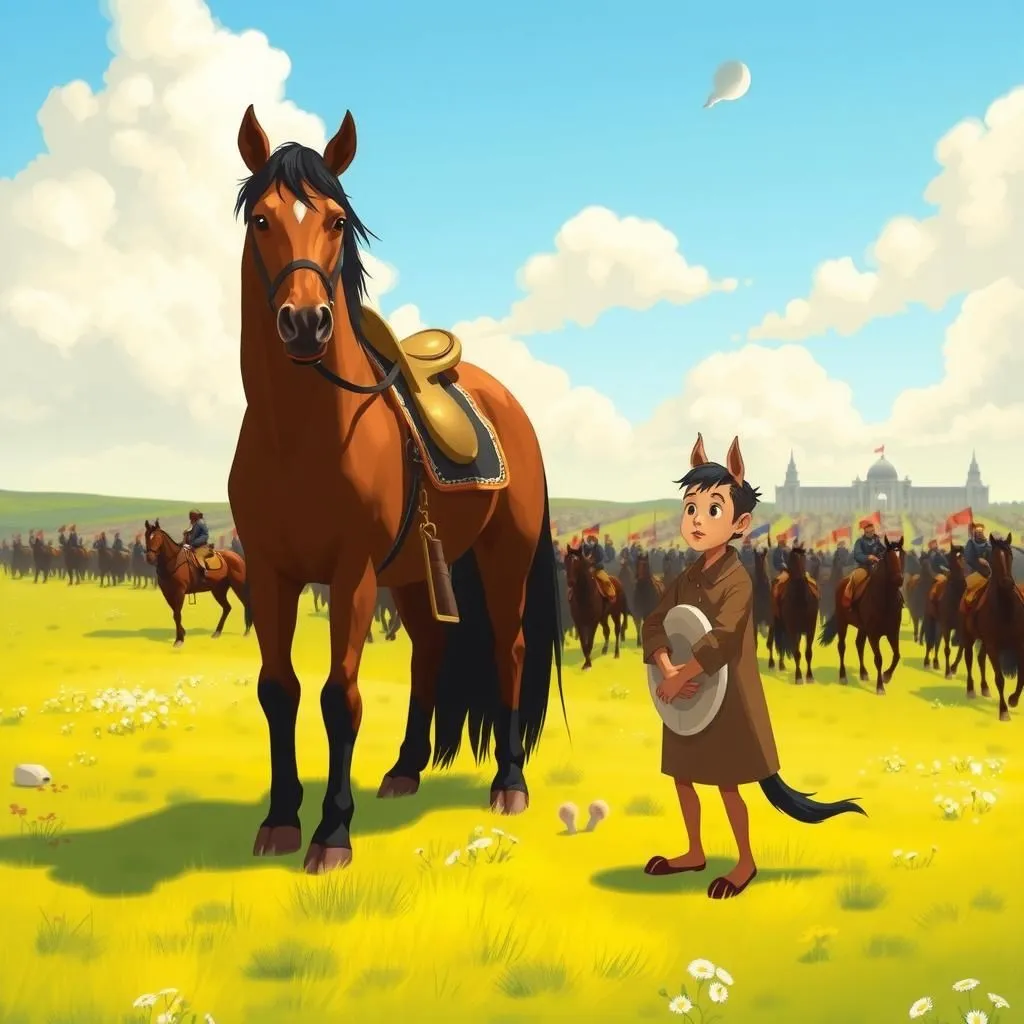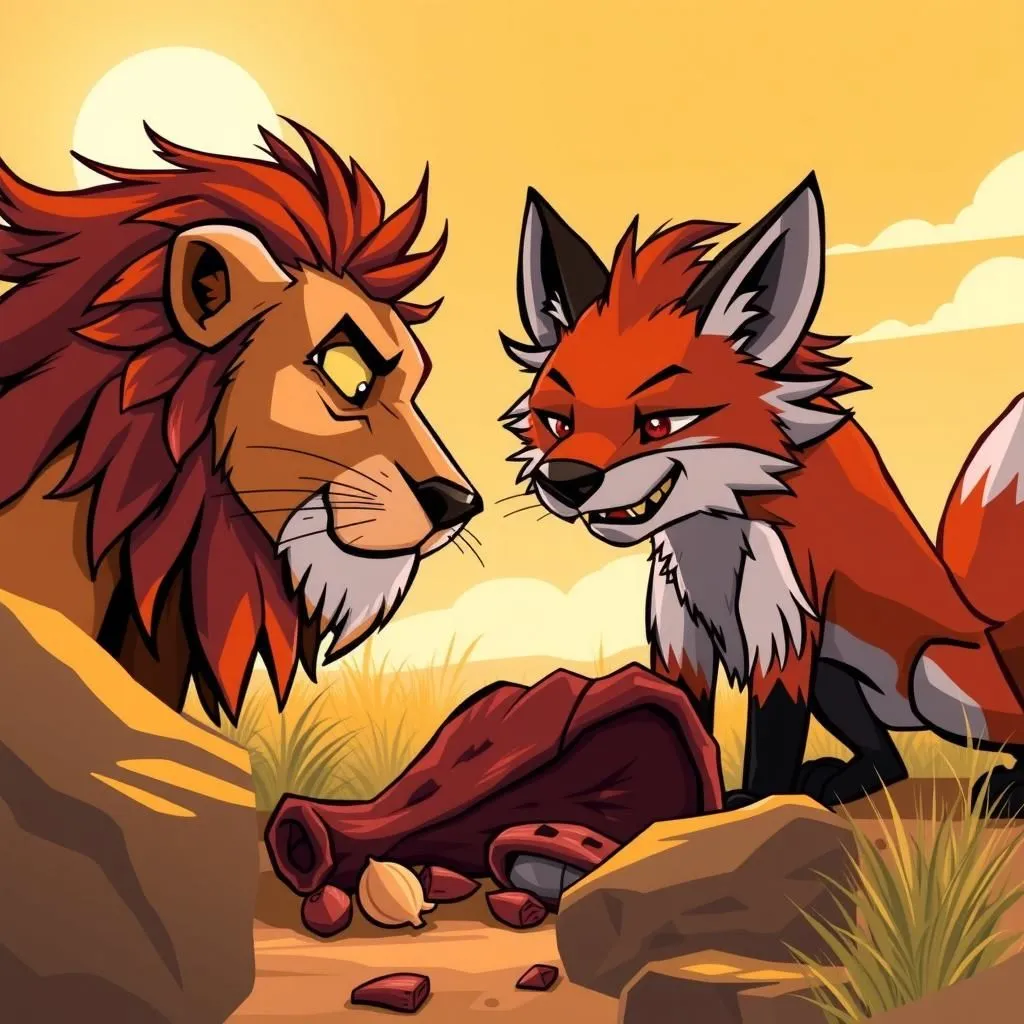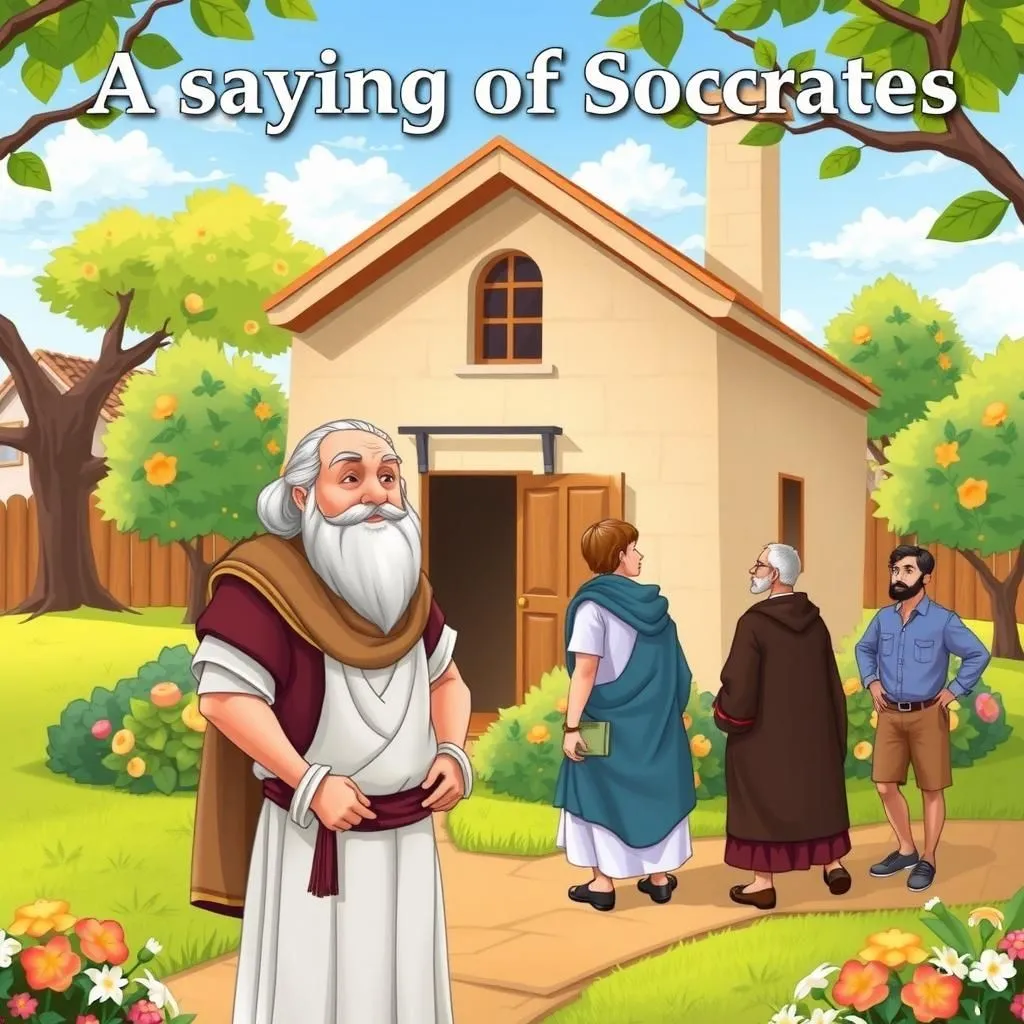
The Ass and the Charger
In "The Ass and the Charger," a seemingly privileged Horse is envied by an Ass, who believes the Horse's life is easy and carefree. However, when the Horse is killed in battle while serving a soldier, the Ass learns a valuable lesson about the burdens hidden beneath a luxurious facade, illustrating the timeless moral stories that reveal the complexities of life. This engaging moral tale serves as a reminder that even those who appear to be well-cared-for face significant sacrifices, making it an ideal bedtime moral story for reflection.


